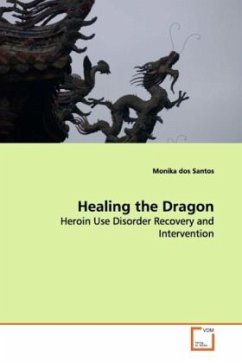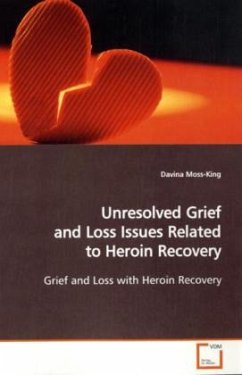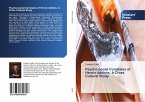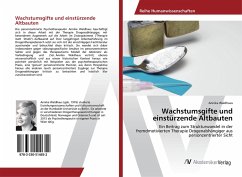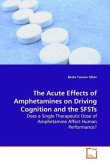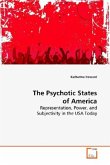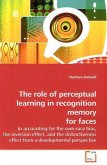It is a sad reflection upon the field that practices
and procedures for the treatment of heroin use
disorders can so easily be introduced and applied
without (or even contrary to) evidence. In South
Africa, the field of heroin use disorder
intervention has been in transition since the
outbreak of the heroin epidemic. Yet despite growing
evidence of an association between heroin dependents
use of supplementary intervention services and
intervention outcomes, heroin use disorder
intervention programmes in South Africa generally
fail to meet international intervention standards.
This study, the first of its nature in South Africa
and the Arican continent, delved into the insights
of ten heroin use disorder specialists and
synthesised the findings with the results of a
previous study undertaken by the author relating to
forty long-term voluntarily abstinent heroin
dependents,study findings supported the maturing out
hypothesis of heroin dependence. Findings of the
present study suggest that the field is less in
transition now than it was in 1995. Interventions
and procedures have begun to be integrated routinely
into clinical practice.
and procedures for the treatment of heroin use
disorders can so easily be introduced and applied
without (or even contrary to) evidence. In South
Africa, the field of heroin use disorder
intervention has been in transition since the
outbreak of the heroin epidemic. Yet despite growing
evidence of an association between heroin dependents
use of supplementary intervention services and
intervention outcomes, heroin use disorder
intervention programmes in South Africa generally
fail to meet international intervention standards.
This study, the first of its nature in South Africa
and the Arican continent, delved into the insights
of ten heroin use disorder specialists and
synthesised the findings with the results of a
previous study undertaken by the author relating to
forty long-term voluntarily abstinent heroin
dependents,study findings supported the maturing out
hypothesis of heroin dependence. Findings of the
present study suggest that the field is less in
transition now than it was in 1995. Interventions
and procedures have begun to be integrated routinely
into clinical practice.

